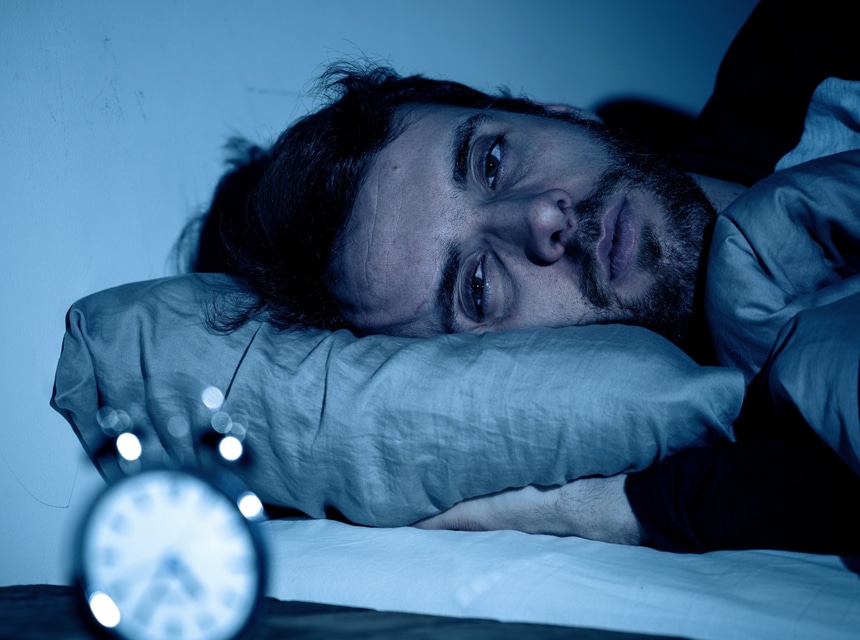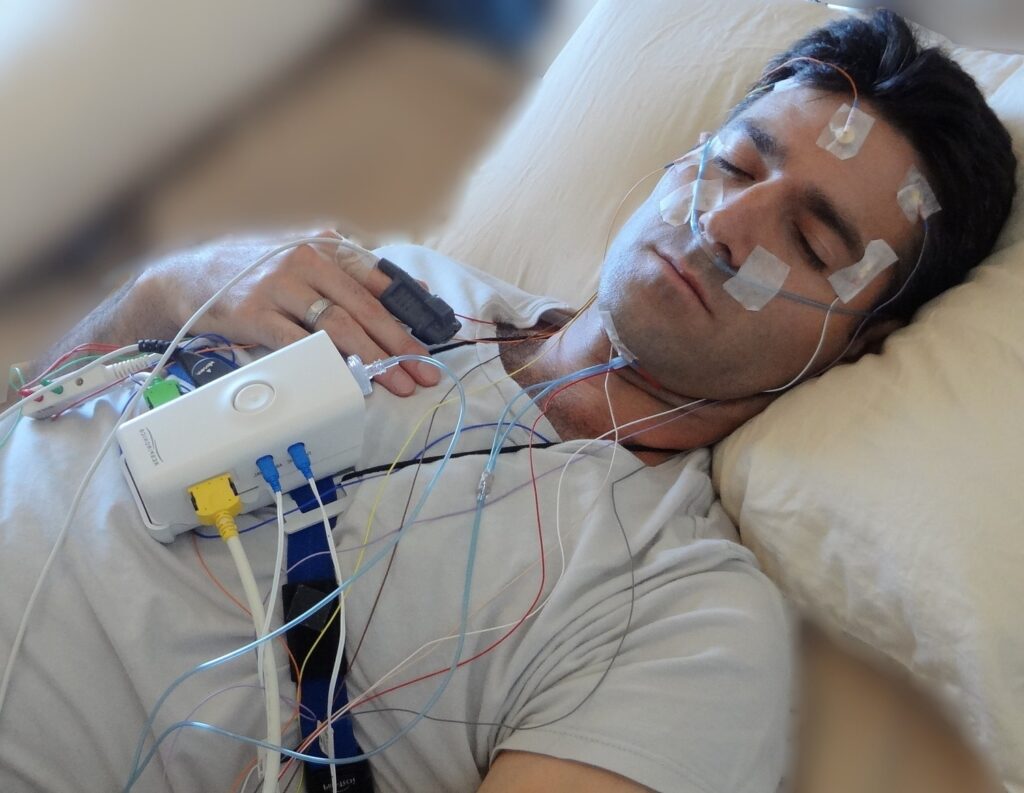

Rutgers School of Nursing conducted a study that showed, that children whose parents are unable to afford diapers (or do not use them for other reasons) do not get quality sleep. The research was later published in the Journal of Developmental-Behavioral Pediatrics and is the first one to assess the direct connection between quality sleep and diaper demand.
The co-author, Sallie Porter, the associate professor stated that sleep is responsible for promoting brain development and further enhances brain functions such as learning and memory. However, children who are deprived of quality sleep are at an increased risk of emotional and behavioral problems in addition to childhood obesity.
The researchers rallied up 129 parents of children aged 3 and under, who participated in early development home visiting and disability supports on the severity of their child’s diaper demand and sleep patterns. These behaviors included: the time it takes to fall asleep; frequency of waking up at night; longest stretch of sleep, and time of sleep, in minutes.
The survey inquired the parents about various aspects, such as their children’s bedtime routines and difficulties associated with them. Along with sleep problems and locations, the parents were also required to report their assessments of the child’s sleep quality.
The findings showed that approximately 88% of the families surveyed, were food insecure, while 76% were without diapers at least once a year. Moreover, 1/3 of the families reported having no diapers on monthly basis.
Furthermore, 1/3 of the children had a development handicap with 47% of the parents concerned regarding the child’s growth and development. The assessments of the findings established a relation between low-income homes and lack of sleep for children. In other words, low-income homes exhibited a poorer overall sleep score.
The 1/3 of families with no diapers at least once a month indicated that their child’s sleep as problematic or difficult. The issue was further amplified by the outbreak of COVID-19.
Associate professor, Sallie Porter emphasized the fact that there have been reports of 1/3 of the US women face difficulties while purchasing diapers and this percentage probably increased as COVID-19 progressed. She further added in her report that irritated skin and UTI (Urinary Tract Infections) are directly linked with diaper use. In addition, maternal mental health symptoms are also associated with diaper use.
Based on Porter’s findings and the potential lack of diapers can lead to lifelong diseases and disorders. Therefore, clinicians should always take extra precautions and ask questions to the parents regarding the diaper need of their child, and whether or not they are being able to fulfill them.
Furthermore, the clinicians should be well-equipped to assist the families in connecting with relevant services and resources that provide diapering supplies. This is an important practice, similar to referring patients to medicines and pharmacies.
Moreover, the doctors should educate the parents regarding best sleep practices for their child, which also include calming bedtime routines for proper sleep. Lack of sleep has lifelong negative impacts, therefore the issue needs immediate attention while the child is still in the development phases.





